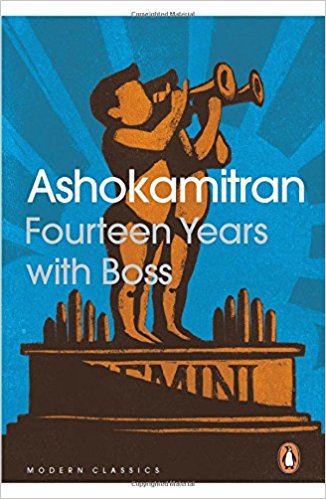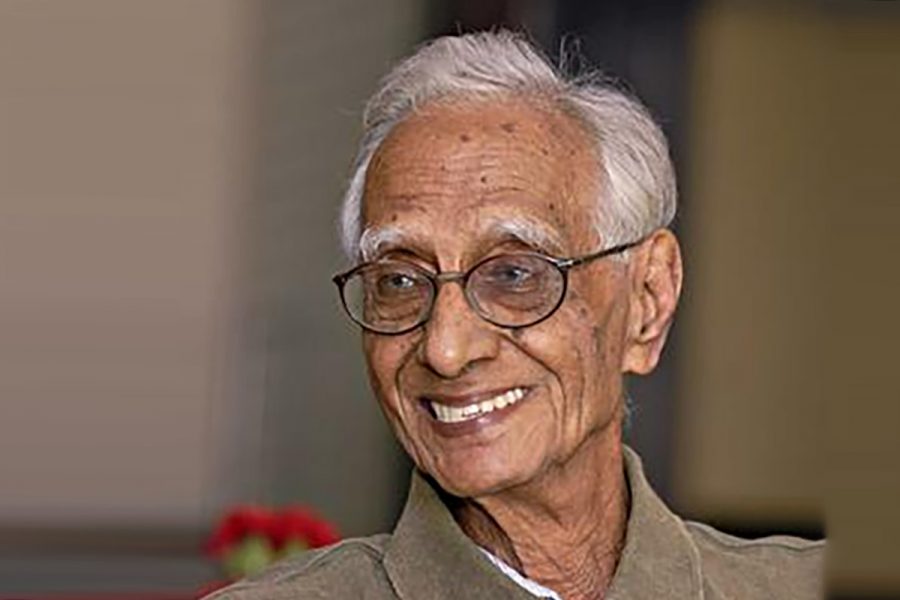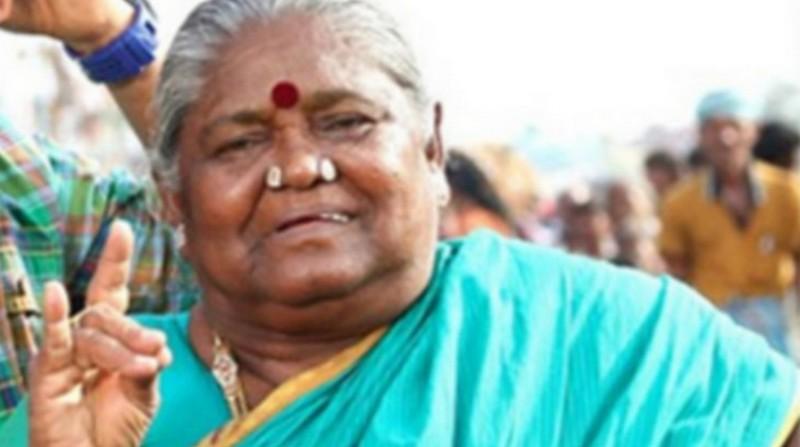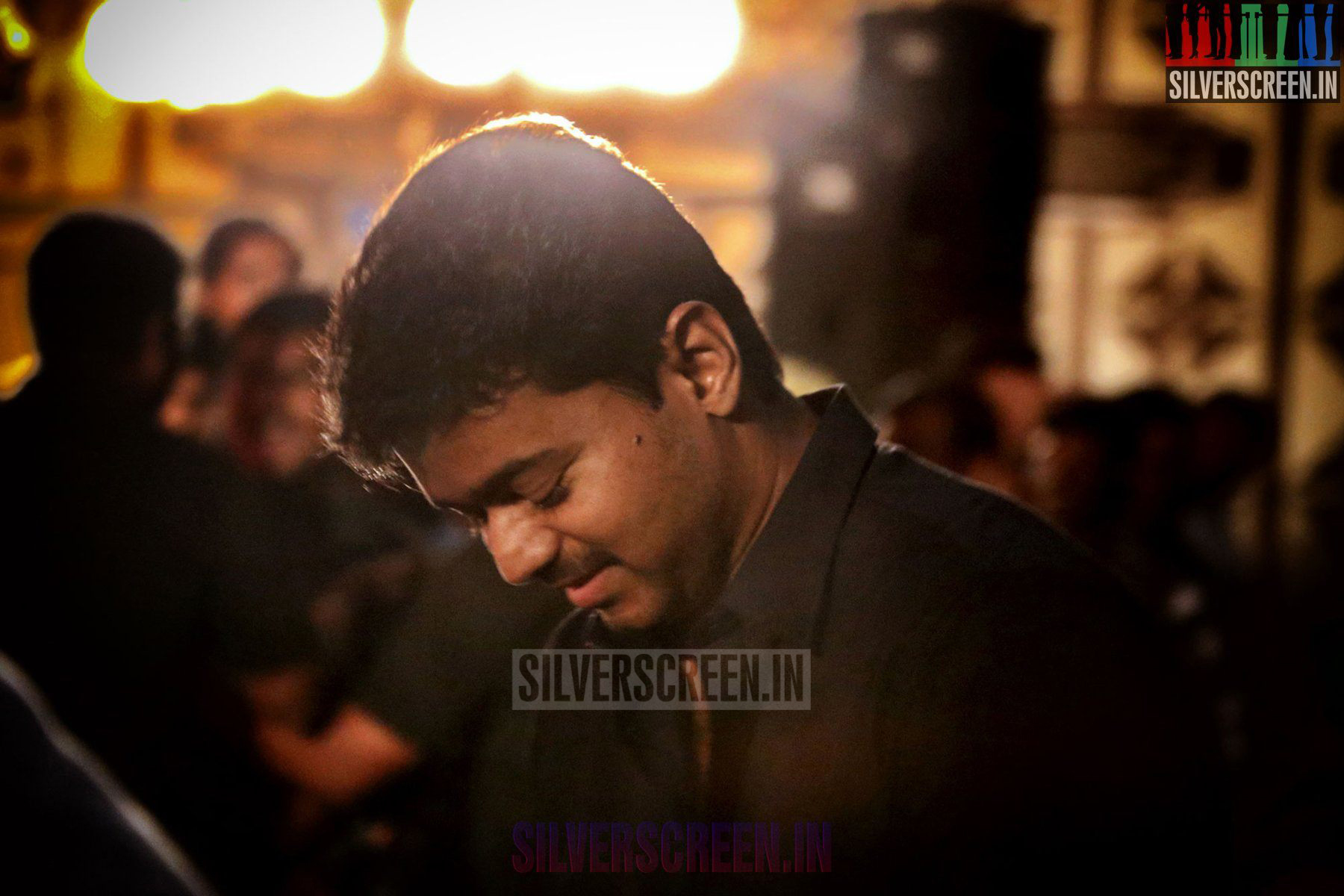Ashoka Mitran, award winning writer of short stories and novels in Tamil, died in Chennai earlier today after a long ailment. He was 86 years old. Ashoka Mitran is widely considered to be one of the best Tamil writers ever. He won the Sahitya Akademi award in 1996 for Appavin Snegithar, a collection of short stories set in Hyderabad.
Unlike most writers working in Tamil, Ashoka Mitran wrote simple, understated prose, and used sly, sarcastic humour to great effect. His writing was deliciously simple, and he found humour in the most absurd of situations. This was one of the reasons his work translated so well into other languages, and more than 60 of his short stories and several of his novels have been translated into English.
Born Jagadisa Thyagarajan in Secunderabad, Ashokamitran moved to Chennai after the loss of his father. SS Vasan, the legendary Tamil filmmaker, was a friend of Ashokamitran’s dad, and offered him a job at Gemini Studios in Public Relations. During his 14 years at Vasan’s Gemini Studios, Ashokamithran started to write a regular column for the Illustrated Weekly of India. The columns were later collected into his first book, Fourteen Years With Boss.

Ashoka Mitran quit his job in 1966 to become a full-time writer. He started with the acclaimed stage-play Anbin Parisu, and wrote over 250 short stories and several novels and novellas.
He was a traditional short story writer – his stories were often compressed novels, with a traditional beginning and end; not for him the newfangled short story idioms. His style continued to be spare and simple; he told The Hindu last week that he believed in “being simple with the narration rather than trying to dazzle the readers.”
Recommended
The US Library of Congress describes Ashoka Mitran as one of the “finest craftsmen” and calls his novel Thaneer an acclaimed masterpiece of Tamil writing. Writer Jeyamohan, in his short tribute, describes Ashoka Mitran as one of modern Tamil’s greats. His translator, Kalyan Raman said on Twitter, “I have such happy memories of his warmth and friendship. Go well, sir.”
In an interview earlier this month with the Tamil literary magazine Vikatan Thadam, Ashoka Mitran had said that his memory was fading, and he was plagued by several ailments related to his age. Yet he speaks with the same lucid clarity that characterised his writing about his literary inspirations and how truth is sometimes the best source of humour.
Ashoka Mitran continued to write until the very end. When asked what inspired him to write still, he said, “Possiblities. There are so many different of people in the world, so many different circumstances. I always wonder would happen if you put different people in different situations. The possibilities are endless.”
Featured Image: kalachuvadu.in



